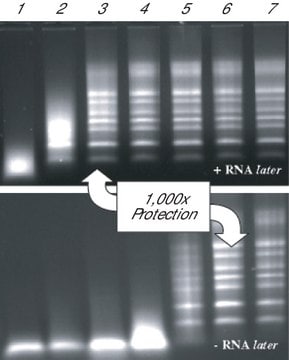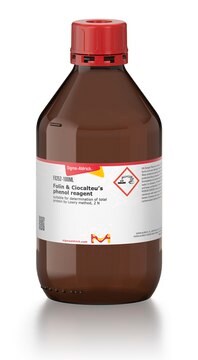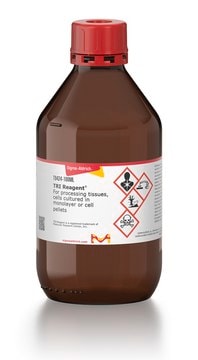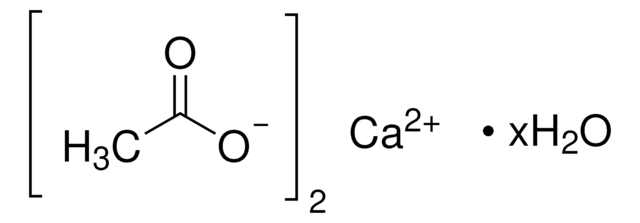S2127
Carbonato de sodio
ReagentPlus®, ≥99.5%
Sinónimos:
Ceniza de soda, Sal de disodio del ácido carbónico, Soda calcinada
About This Item
Productos recomendados
grado
reagent
Nivel de calidad
Agency
suitable for EPA 300
suitable for SM 2310
suitable for SM 2320
Línea del producto
ReagentPlus®
Ensayo
≥99.5%
Formulario
powder (granular)
pH
12 (25 °C, 106 g/L)
pKa (25 °C)
(1) 6.37, (2) 10.25 (carbonic acid)
mp
851 °C (lit.)
cadena SMILES
O=C(O[Na])O[Na]
InChI
1S/CH2O3.2Na/c2-1(3)4;;/h(H2,2,3,4);;/q;2*+1/p-2
Clave InChI
CDBYLPFSWZWCQE-UHFFFAOYSA-L
¿Está buscando productos similares? Visita Guía de comparación de productos
Descripción general
Aplicación
- A sintering aid with the ZnO (zinc oxide) for the preparation of BaCe0.5Zr0.3Y0.2O3−δ based composite electrolyte material by solid-state reaction.
- A co-precipitating agent for the synthesis of stable iron oxide nanoparticles from a stoichiometric combination of Fe(II) and Fe(III) salts.
- A catalyst for the etherification of glycerol to polyglycerols.
Acciones bioquímicas o fisiológicas
Información legal
Palabra de señalización
Warning
Frases de peligro
Consejos de prudencia
Clasificaciones de peligro
Eye Irrit. 2
Código de clase de almacenamiento
13 - Non Combustible Solids
Clase de riesgo para el agua (WGK)
WGK 1
Punto de inflamabilidad (°F)
Not applicable
Punto de inflamabilidad (°C)
Not applicable
Elija entre una de las versiones más recientes:
¿Ya tiene este producto?
Encuentre la documentación para los productos que ha comprado recientemente en la Biblioteca de documentos.
Los clientes también vieron
Nuestro equipo de científicos tiene experiencia en todas las áreas de investigación: Ciencias de la vida, Ciencia de los materiales, Síntesis química, Cromatografía, Analítica y muchas otras.
Póngase en contacto con el Servicio técnico







